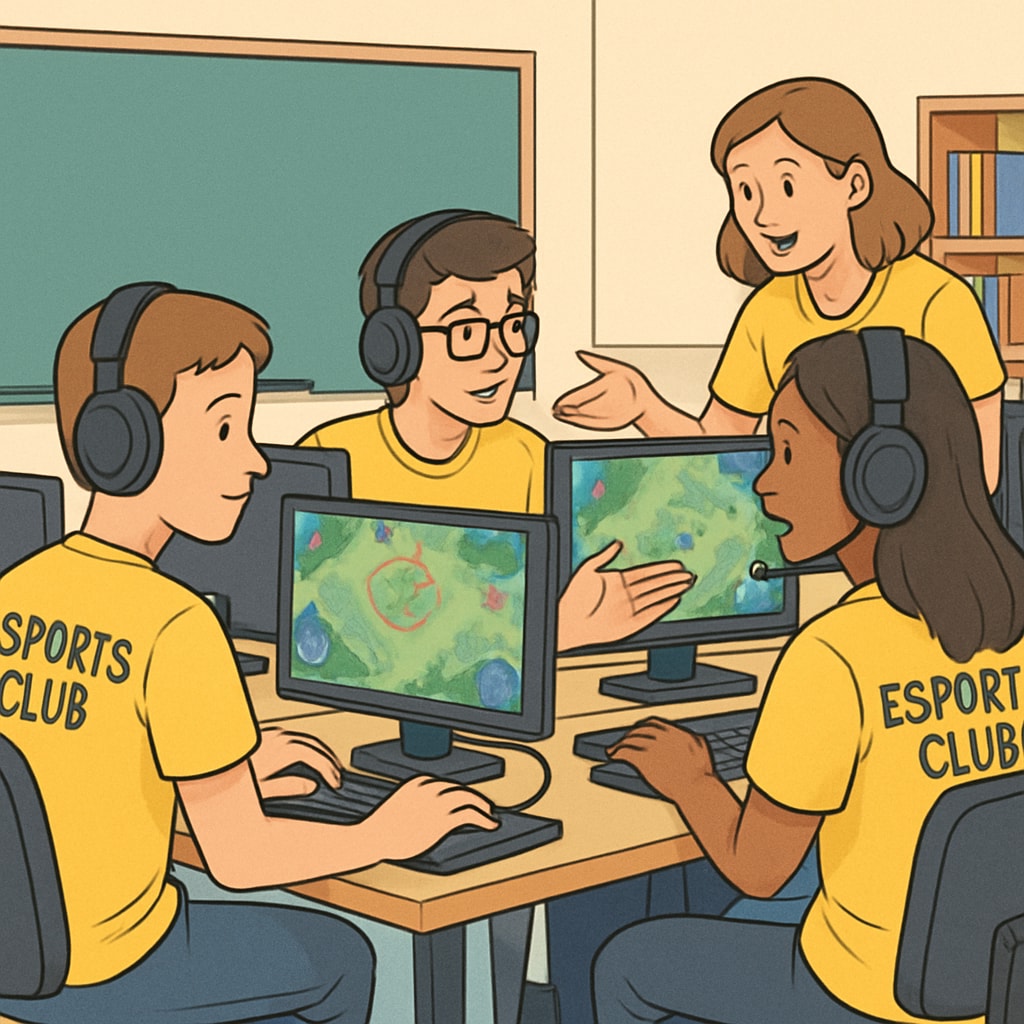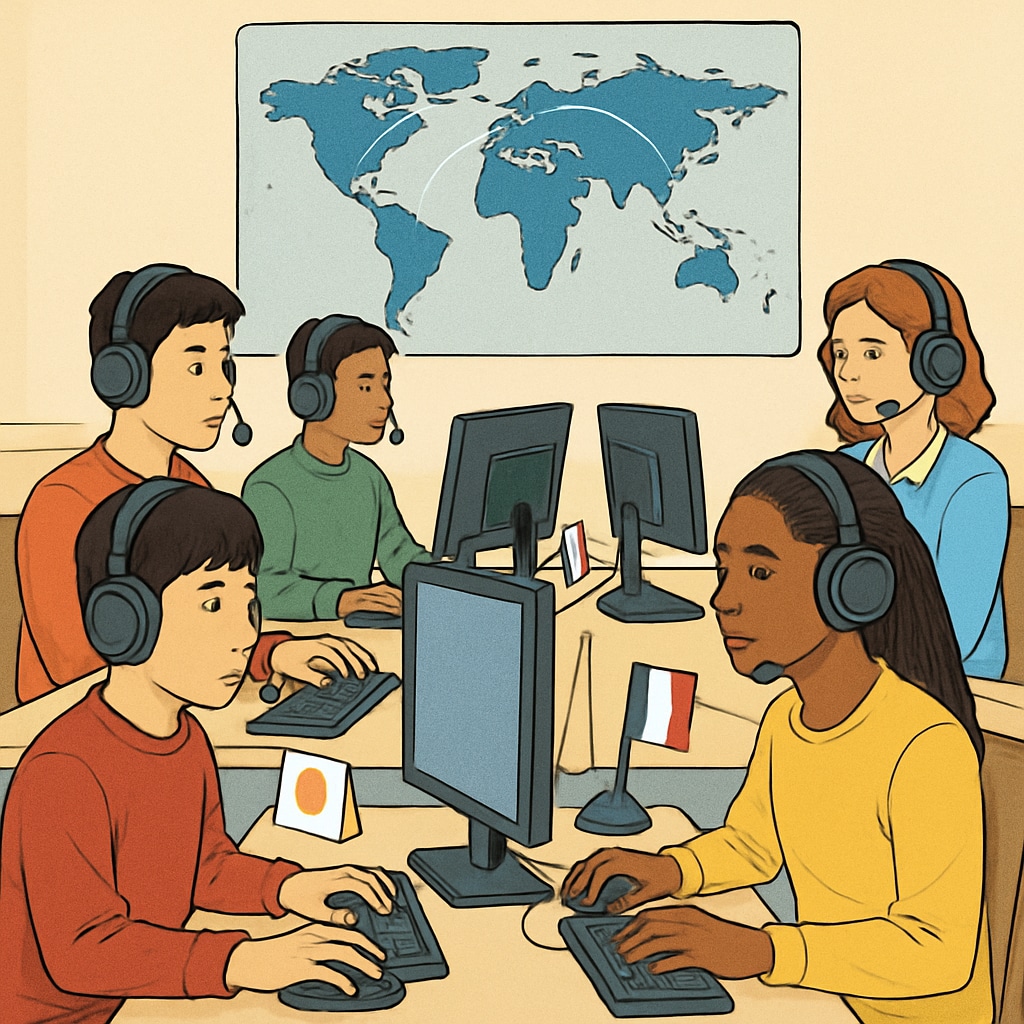Game-based learning and esports education are gaining momentum, thanks to the pioneering strategic collaboration between GameClass and the North America Scholastic Esports Federation (NASEF). This partnership introduces game-based learning into more than 9,000 esports clubs worldwide, offering students a platform to blend their passion for gaming with innovative educational experiences. The initiative marks a significant milestone in transforming K12 education, combining fun and engagement with valuable real-world skills.
Redefining Education with Esports and Game-Based Learning
The collaboration between GameClass and NASEF bridges the gap between traditional education methods and modern technological advancements. Game-based learning (GBL) utilizes the interactive and immersive nature of video games to teach critical thinking, teamwork, and problem-solving skills. By integrating esports—a competitive and structured form of gaming—into education, students can develop essential life skills such as communication, leadership, and strategic planning.
For example, incorporating esports into STEM education (Science, Technology, Engineering, and Mathematics) allows students to explore coding, data analytics, and digital design in a captivating and relatable context. This approach not only boosts engagement but also prepares students for careers in fast-growing industries like gaming, technology, and media.

Global Reach: Expanding Game-Based Learning Across Borders
One of the standout features of this partnership is its global impact. GameClass and NASEF aim to scale game-based learning across borders by leveraging the reach of esports clubs in diverse educational settings. With 9,000 clubs worldwide, the initiative is positioned to engage millions of students and educators in innovative learning experiences.
Key benefits of this global expansion include:
- Enhanced Cultural Exchange: Students from different regions can collaborate, compete, and learn from each other, fostering cross-cultural understanding.
- Access to Cutting-Edge Resources: Schools gain access to advanced educational tools, such as esports curricula and game-based learning platforms.
- Professional Development for Educators: Teachers receive training to effectively integrate esports and game-based learning into their classrooms.
As a result, this strategic collaboration not only transforms K12 education but also creates a global community of learners united by their passion for gaming and education.

Preparing Students for the Future Through Esports Education
Esports and game-based learning go beyond entertainment; they equip students with skills required for academic and professional success. For example, participating in esports competitions teaches students resilience, adaptability, and conflict resolution—skills that are invaluable in any career path.
Moreover, esports education fosters interest in emerging fields such as artificial intelligence (AI), virtual reality (VR), and game development. As these industries continue to grow, students with early exposure to esports and game-based learning will have a competitive edge in the job market.
Key areas where esports education benefits students include:
- Problem-Solving: Tackling challenges in games helps students develop analytical thinking.
- Teamwork: Collaboration in esports mirrors real-world workplace dynamics.
- Digital Literacy: Understanding gaming technology prepares students for careers in tech-driven fields.
This integration of passion and education reshapes the learning experience, ensuring students are prepared for the demands of the future.
Conclusion: The Future of Game-Based Learning and Esports Education
The strategic partnership between GameClass and NASEF sets a new benchmark for innovation in K12 education. By leveraging the universal appeal of esports and the power of game-based learning, this collaboration creates a dynamic and engaging learning environment for students worldwide. As schools continue to embrace this model, the future of education will be characterized by creativity, collaboration, and real-world application.
For educators and policymakers, this initiative serves as a shining example of how technology can be harnessed to transform traditional learning methods. As a result, game-based learning and esports education are not just trends; they represent the future of global education.
Learn more about game-based learning on Wikipedia and explore esports education on Britannica.


